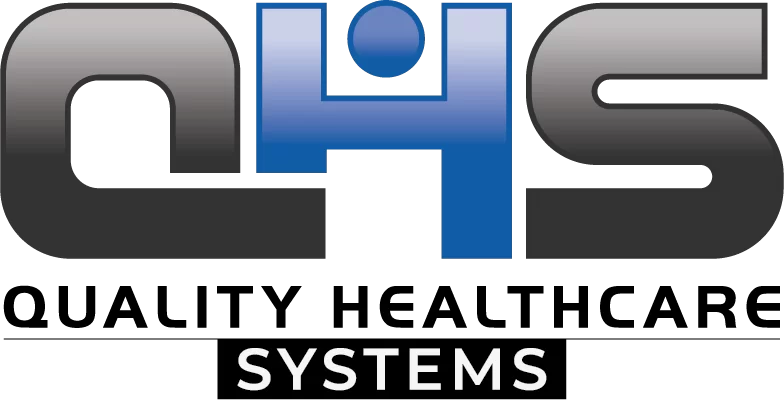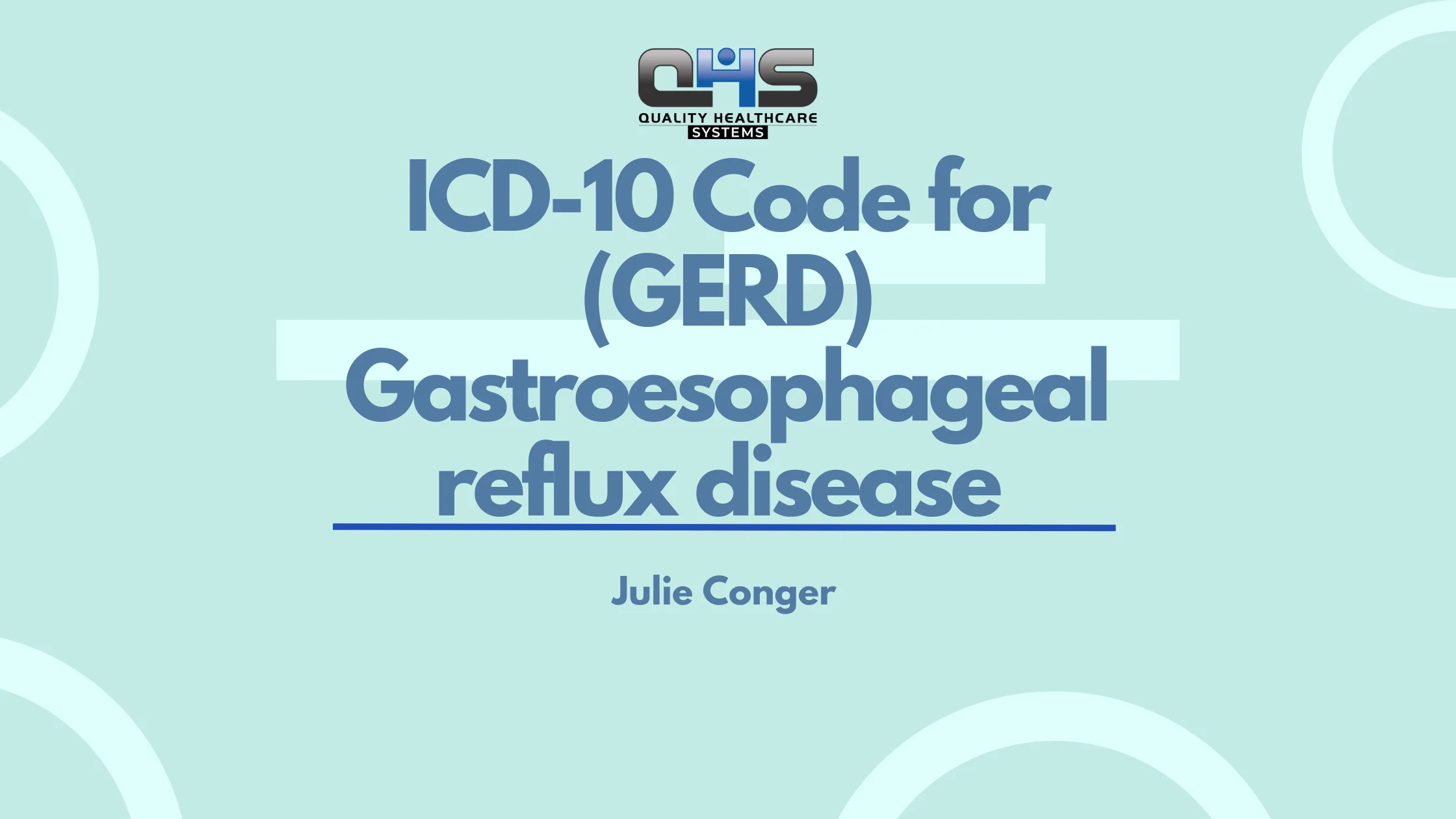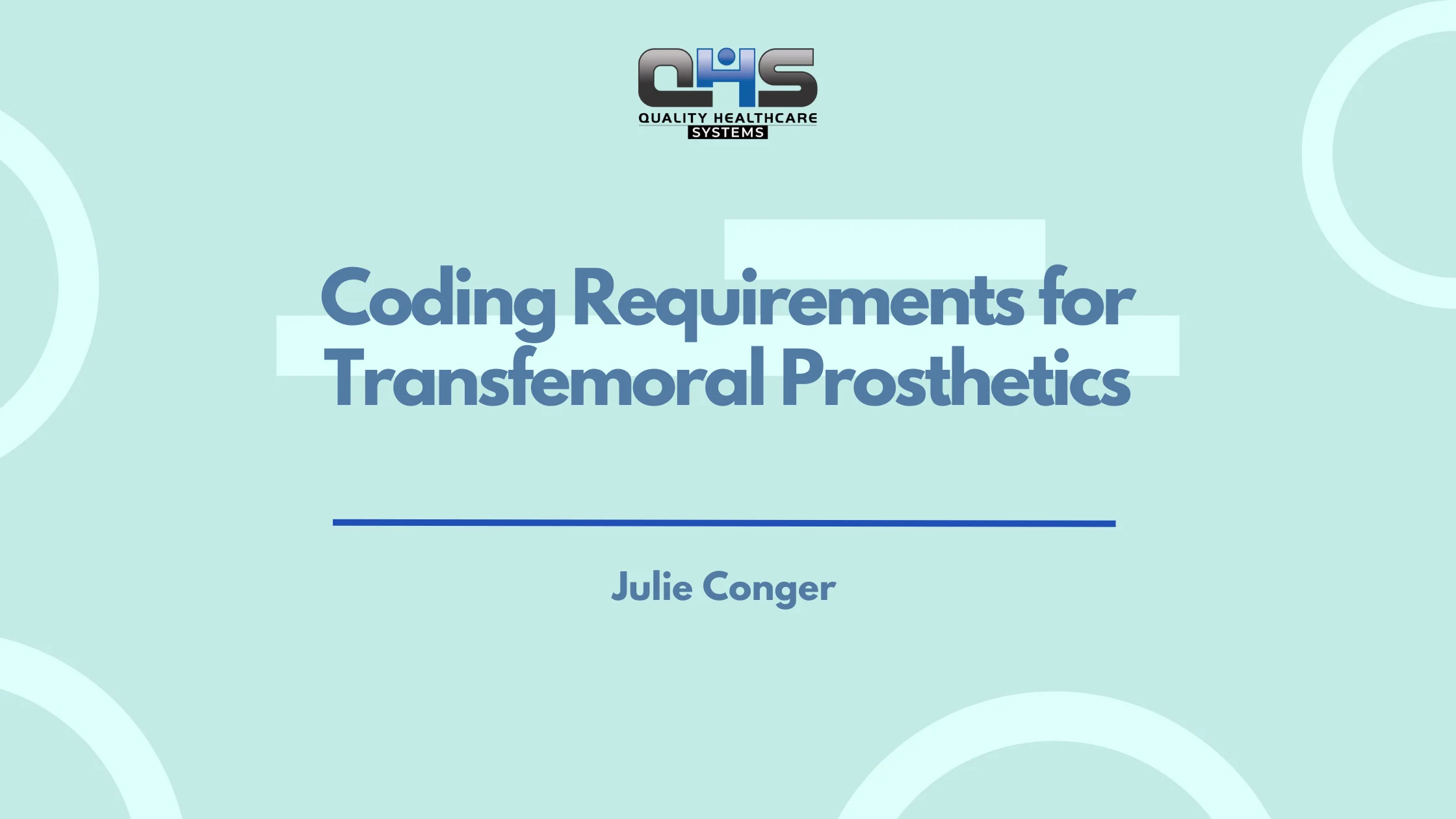Gastroesophageal reflux disease (GERD) is a chronic digestive condition in which stomach acid flows back into the esophagus, leading to heartburn, acid regurgitation, and possible complications like esophagitis or Barrett’s esophagus. The ICD-10 code for GERD helps medical professionals document and bill for this condition, ensuring accurate treatment and reimbursement.
What is the ICD-10 Code for GERD?
The ICD-10 code for GERD is K21.9, which is a billable code under the International Classification of Diseases (ICD-10). This code is used for healthcare documentation, insurance claims, and medical billing. According to the Centers for Medicare & Medicaid Services (CMS), using the correct code ensures proper reimbursement and reduces claim denials.
Who is at Risk for GERD?
GERD can affect individuals of all ages, but certain risk factors increase susceptibility, including obesity, pregnancy, smoking, and certain dietary habits. Chronic acid reflux can damage the esophagus, making timely diagnosis and treatment essential. The ICD-10 K21.9 code for GERD allows healthcare providers to classify the condition correctly for billing and treatment.
ICD-10 Codes for GERD and Related Conditions
| ICD-10 Chapter | Code | Condition | Clinical Relevance |
| Diseases of the Digestive System (Chapter 11) | K21.9 | Gastroesophageal reflux disease (GERD) | Used for unspecified GERD without esophagitis |
| Diseases of the Digestive System (Chapter 11) | K21.0 | GERD with esophagitis | Specifies GERD cases where esophageal inflammation is present |
What are the Causes of GERD?
GERD occurs when the lower esophageal sphincter (LES) weakens or relaxes inappropriately, allowing stomach acid to flow back into the esophagus. Identifying the cause is essential for proper treatment.
- Obesity – Excess weight increases pressure on the stomach, causing acid reflux.
- Hiatal hernia (ICD-10: K44.9) – A structural abnormality that weakens the LES.
- Smoking and alcohol consumption – Both can relax the LES, worsening reflux symptoms.
- Dietary factors – Spicy foods, caffeine, chocolate, and fatty meals can trigger GERD.
- Medications – Certain drugs like NSAIDs and calcium channel blockers may contribute to reflux.
Read:
| Cardiology Medical Billing 101 |
| Orthopedic Medical Billing 101 |
| Radiology Medical Billing 101 |
| Orthotics Medical Billing 101 |
| Phsycian Medical Billing 101
|
What are the Symptoms of GERD?
The most common symptom of GERD is heartburn, a burning sensation in the chest after eating or when lying down. Other symptoms include:
- Regurgitation of stomach acid – A sour or bitter-tasting liquid backing up into the throat.
- Dysphagia (ICD-10: R13.10) – Difficulty swallowing due to acid-related esophageal irritation.
- Chronic cough (ICD-10: R05) – Persistent cough caused by acid irritation of the throat.
- Laryngitis (ICD-10: J04.0) – Hoarseness or voice changes due to acid reflux.
Proper documentation using the ICD-10 code K21.9 for GERD ensures that symptoms are accurately recorded in medical records for insurance claims and treatment planning.
How is GERD Diagnosed?
Healthcare providers diagnose GERD through a combination of clinical evaluation, patient history, and diagnostic tests:
- Esophagogastroduodenoscopy (EGD) – A thin tube with a camera is used to examine the esophagus.
- 24-hour pH monitoring – Measures acid levels in the esophagus over a day.
- Esophageal manometry – Assesses esophageal muscle function.
- Barium swallow X-ray – Identifies abnormalities in the esophagus and stomach.
Proper GERD diagnosis with ICD-10 K21.9 ensures that patients receive effective treatment and that healthcare providers submit accurate claims for reimbursement.
What are the Treatment Options for GERD?
The treatment of GERD depends on its severity and underlying causes. The Cleveland Clinic recommends a combination of lifestyle changes, medications, and surgical options for managing GERD.
Treatment Options Based on the Underlying Cause
| Condition | Treatment | Medication Example |
| Mild GERD (K21.9) | Lifestyle modifications | Weight loss, avoiding trigger foods |
| GERD with esophagitis (K21.0) | Proton pump inhibitors (PPIs) | Omeprazole, Esomeprazole |
| Chronic GERD | H2 blockers | Ranitidine, Famotidine |
| Severe GERD with complications | Surgery (fundoplication) | Laparoscopic procedure |
Lifestyle Modifications for GERD
Managing GERD requires lifestyle changes to reduce symptoms and discomfort. One important step is maintaining a healthy weight, as excess weight increases stomach pressure, leading to acid reflux.
Dietary adjustments are crucial in preventing GERD flare-ups. Avoiding spicy, acidic, and fatty foods helps minimize reflux triggers, reducing irritation and discomfort in the esophagus.
Eating habits also impact GERD symptoms. Consuming smaller, more frequent meals instead of large portions and avoiding late-night eating can prevent excessive acid buildup and improve digestion.
Nighttime reflux can be managed by elevating the head of the bed. This positioning helps prevent stomach acid from flowing back into the esophagus while sleeping.
How Does the ICD-10 Code for GERD Impact Medical Billing?
The ICD-10 code K21.9 for GERD ensures proper claim submissions and compliance with insurance regulations. Accurate coding prevents claim denials and reimbursement delays, improving cash flow for healthcare providers.
Using the ICD-10 code K21.9 for GERD guarantees correct processing of insurance claims for treatments, medications, and procedures. Errors in coding can lead to delays or audits, affecting provider revenue. The ICD-10 code K21.9 for GERD helps track patient history and ensures compliance with CMS guidelines.
At QHS Health, we specialize in medical billing and coding solutions to help healthcare providers maximize reimbursements and reduce claim denials. Our expert team ensures accurate ICD-10 coding, clean claim submissions, and compliance with insurance regulations.
What are Other Related ICD-10 Codes for GERD and Digestive Disorders?
| Condition | ICD-10 Code | Description |
| Esophagitis | K20.9 | Inflammation of the esophagus |
| Barrett’s esophagus | K22.70 | Precancerous condition caused by chronic acid reflux |
| Dysphagia | R13.10 | Difficulty swallowing due to GERD-related damage |
| Peptic ulcer disease | K27.9 | Ulcers in the stomach lining due to excess acid |
ICD-10 Coding Guidelines for GERD (K21.9)
Accurate documentation of symptoms and complications is essential when coding GERD. Proper records help ensure correct diagnosis classification and reduce claim denials.
Following CMS and WHO coding guidelines is crucial for compliance. These standards ensure consistency in medical billing and proper reimbursement for GERD-related treatments.
When applicable, use additional ICD-10 codes for related conditions. If GERD leads to complications like Barrett’s esophagus or dysphagia, include the appropriate secondary codes.
ICD-10 Coding for GERD: Insurance Billing, Guidelines & Classification
Reflux Disease ICD-10 Coding for Insurance
When billing gastroesophageal reflux disease (GERD) for insurance, use the appropriate ICD-10 code based on the severity and presence of complications. The most commonly used code is:
- K21.9 – Gastroesophageal reflux disease without esophagitis
- K21.0 – Gastroesophageal reflux disease with esophagitis
Key Insurance Considerations:
- Ensure proper documentation of symptoms and diagnostic tests.
- Pair GERD codes with procedure codes (e.g., endoscopy) when applicable.
- Use modifier codes if GERD is linked to other conditions.
How to Bill GERD Under ICD-10?
Billing GERD under ICD-10 requires accurate diagnosis coding and adherence to payer-specific guidelines. Follow these steps:
- Identify Symptoms & Diagnosis: GERD must be diagnosed through clinical evaluation, pH monitoring, or endoscopy.
- Select the Correct ICD-10 Code: Use K21.9 for uncomplicated GERD and K21.0 for cases with esophagitis.
- Include Relevant CPT Codes: Procedures such as esophagoscopy (CPT 43235) may be required for insurance approval.
- Link GERD to Comorbidities: If GERD contributes to conditions like Barrett’s esophagus (K22.70) or dysphagia (R13.10), include those codes.
- Verify Payer Policies: Different insurance providers may have specific GERD coding requirements.
GERD ICD-10 Code for Pediatric Patients
For pediatric GERD, use the same ICD-10 codes but ensure accurate documentation of symptoms such as spitting up, regurgitation, and failure to thrive.
- K21.9 – Pediatric GERD without esophagitis
- K21.0 – Pediatric GERD with esophagitis
- P78.83 – Neonatal gastroesophageal reflux (specific for infants)
Insurance pre-authorization may be required for treatments like proton pump inhibitors (PPIs) or surgical interventions.
ICD-10 Code for GERD in Adults
For adult GERD, the primary ICD-10 codes remain:
- K21.9 – GERD without esophagitis
- K21.0 – GERD with esophagitis
ICD-10 Coding Guidelines for GERD
- Document Symptoms Clearly: Chronic heartburn, acid reflux, or dysphagia should be noted.
- Differentiate Between GERD and Functional Dyspepsia: GERD codes should not be confused with K30 (Functional Dyspepsia).
- Specify If Barrett’s Esophagus Is Present: GERD leading to Barrett’s esophagus requires coding under K22.70.
- Ensure Proper Linkage With Procedure Codes: If an endoscopy is performed, include relevant CPT codes.
Read
| Why DME Suppliers Struggle with Reimbursements |
| The Biggest Billing Mistakes That Cost DME Providers Thousands |
| How to Appeal Denied Claims for Prosthetic Device Billing |
GERD ICD-10 Code With Complications
If GERD has complications, additional ICD-10 codes may be needed:
| Condition | ICD-10 Code |
|---|---|
| GERD with esophagitis | K21.0 |
| GERD without esophagitis | K21.9 |
| Barrett’s esophagus | K22.70 |
| GERD with dysphagia | R13.10 |
| Esophageal stricture due to GERD | K22.2 |
| GERD with aspiration pneumonia | J69.0 |
Chronic GERD ICD-10 Classification
For chronic GERD, coding may require specificity based on the progression of the disease:
| Type of GERD | ICD-10 Code |
|---|---|
| Unspecified GERD | K21.9 |
| GERD with esophagitis | K21.0 |
| GERD with Barrett’s esophagus (without dysplasia) | K22.70 |
| GERD with Barrett’s esophagus (with dysplasia) | K22.71 |
Final Thoughts
QHS Health: Your Partner in Medical Billing for ICD-10 GERD Codes
At QHS Health, we specialize in medical billing and coding services for healthcare providers. Our expert team ensures that claims for ICD-10 GERD codes (K21.9, K21.0) and related conditions are accurately processed, reducing errors and maximizing reimbursements.
🔹 Accurate coding and claim submission
🔹 HIPAA-compliant billing solutions
🔹 Faster reimbursements and reduced claim denials
Related Posts: ICD-10 Codes for Chest Pain | ICD-10 Codes for Dysuria






